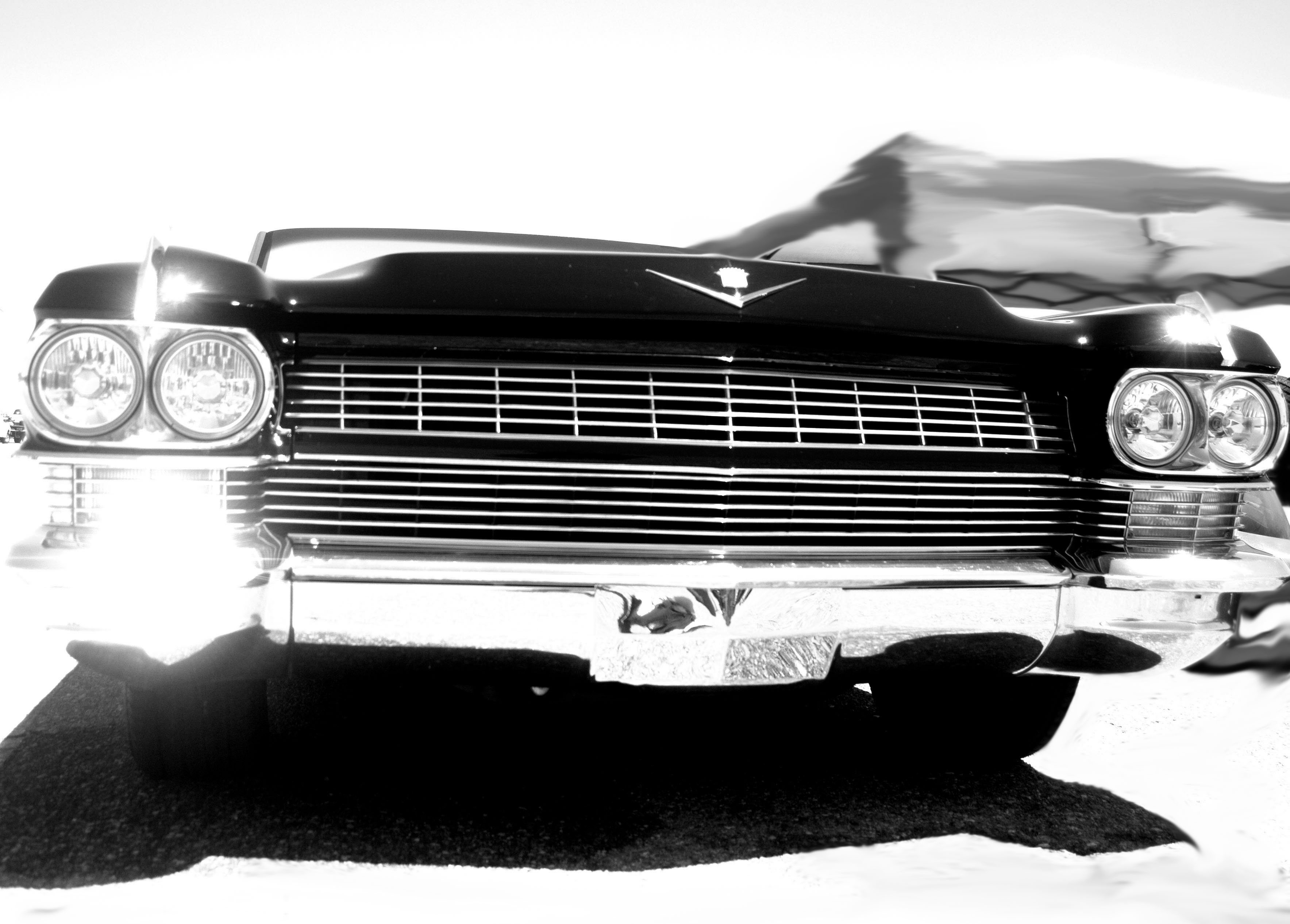Sometimes old car parts break…that’s the nature of things old. However, most of my Mustang’s parts are only 3 years old or so.
So sometimes new parts break when they are used in a restoration along with existing older parts. This was the case with the power steering hose failure.
If you haven’t read my entire 130 posts thus far (why not???…toe tapping…toe tapping), you might not have picked up on the fact that my 70 coupe started out life with a 9.1:1 compression 250 straight 6 “power plant”. Now it’s a fire-breathing 302…ok…no fire..but a 302 none the less.
I won’t go to all the trial and tribulations of the 6 to V8 conversion..right now..but soon, but here it’s necessary to share what I know. It is not an uncommon practice to be swap out a 6 cylinder for more power. You can quite often, pick up a 6 banger cheaper, than an a v8. Just as often difficulties arise in the course of the improvement. eerrrkkkk…There are some people who believe it was blasphemy replacing the 250 – there weren’t that many made that year. There is a small group of guys that were a bit dismayed when I didn’t keep the 6. (I am too..now.) That group has done some amazing things with a 6 cylinder, that make my 302 ‘Stang look like a pedal car!! I have their book so some, I’ll post up the details when I get back in town….End of eeerrrrkk
After looking at the broken hose, which was bent and cracked near the flared end.
Here is what I learned. The 1970 coupe 6 cylinder has a different power steering package then does the 8 cylinder. Specifically, the difference is the way the power steering pump is mounted and the length of the hose. I recall when the part was getting installed, I was called to determine how we wanted to proceed when it was noticed that the hose, in order to reach the new height of the pump, could possibly come in continued contact with the control arms. This would cause a rubbing between the two pieces against the rubber portion of the hose. The decision was made to double the hose – by cutting a larger hose and enclosing the original in side and using ties to secure it.
This worked just fine while the front end stayed …well old and sloppy. Just recently I posted about replacing the upper control arms and in doing so, tightening up the front end and removing the slop that allowed the clearance to be greater between the two parts. With less space between them, the control arm came into contact with the hose and after several bumps getting in an out of my driveway the hose got crimped and then broke.
Ordered another hose for a V8 and had it installed. Everything functioning properly.
Thanks reading.
Tim


















